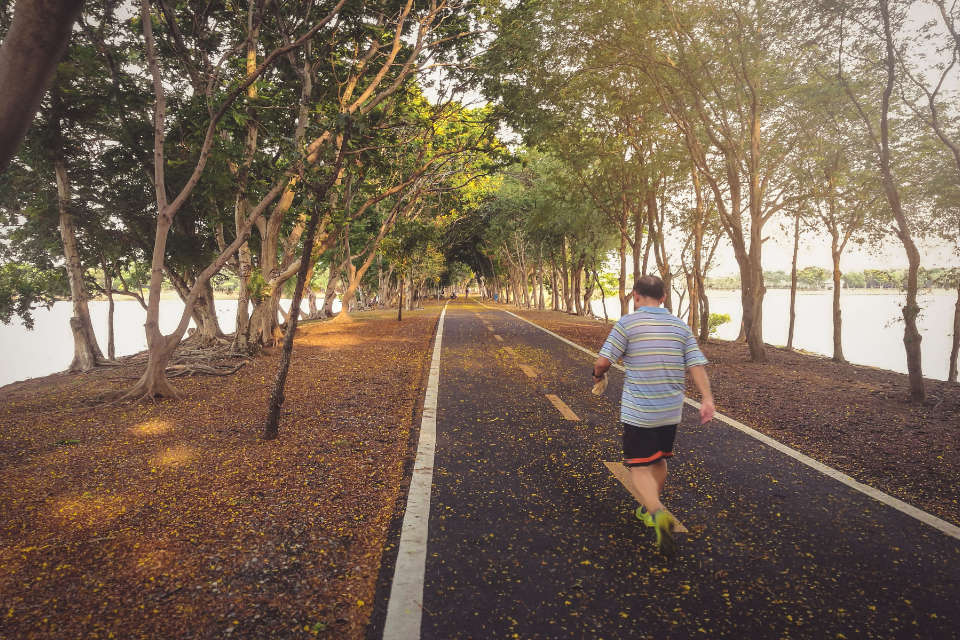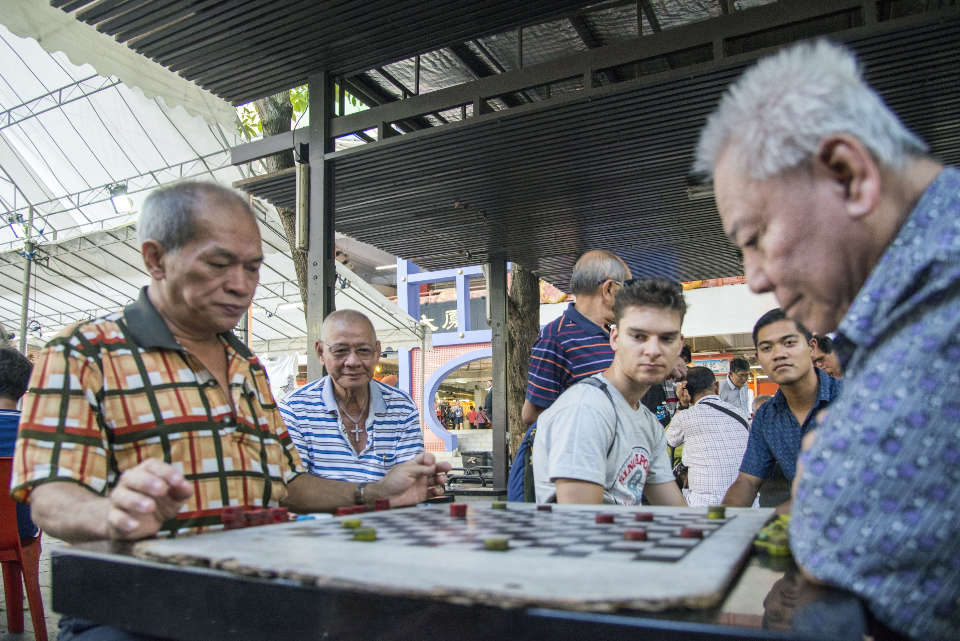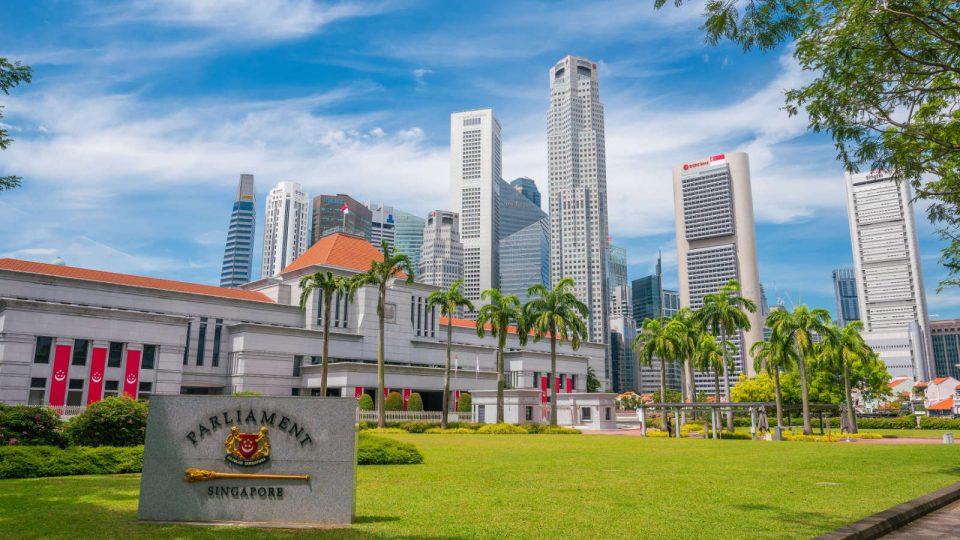Is Singapore on the brink of exploding like a demographic time bomb? You might think so if you checked out recent headlines born of economist Francis Tan’s words when the United Overseas Bank official announced, “The demographic time bomb only starts ticking in 2018 — it does not mean that it will explode yet.”
Whew. That’s good to know. But what’s at the heart of his dramatic proclamation? Low fertility rates and an aging populace that was once exclusively Japan’s problem. But Mr. Tan insists that Singapore is on the verge of surpassing Japan: By 2030, Singapore’s aging population will surpass that nation’s demographic.
Further, young couples are having fewer children as retirements deplete the workforce even more. How can the senior generation help turn things around?
Much ado about nothing?
What has happened in the past year that triggered the clarion call issued by Mr. Tan and others who promote the time bomb theory? In 2016, Population Singapore published “The Aging Crisis that Isn’t,” expressing contradictory opinions.

Citing Singaporean seniors who are happy to work longer because they are healthy and live longer, it’s true that dropping birth rates are evident, but that factor is no different in other nations.
Truth is, automation has begun to prompt attrition rates even in younger workers and not everyone wants to be put out to pasture once they reach the age of 70. The willingness of seniors to stay in jobs longer and be re-retrained while putting off retirement could be the key to the economic conundrum currently worrying economists.
Even the structure of Singapore’s social security system promotes sustainability, but missing from this equation are two factors. The first, says Population Singapore, is that welcoming seniors into the workforce requires “enlightened, supportive employers who appreciate the value older workers bring, and are willing to adapt to workforce changes.”
An equally critical factor is the adoption of habits that include a healthy diet and, importantly, a fitness program that requires little investment, like running.
A proven scientific basis for the benefits of running
Says Mr. Tan,
“Singapore is already the oldest society in Southeast Asia,” but Singaporeans are also projected to live longer than neighbouring nations. This figure is validated by life expectancy numbers: Throughout Asia, life expectancy is 71.4, but in Singapore, it’s 83.3!

It’s no mystery why there’s such a startling gap: Singapore’s active lifestyle movement keeps the brains and bodies of the elderly more agile, especially compared to other societies in Asia.
Colorado Public Radio bears witness to this thesis. Reporting on a study to measure the effects of running on senior brains, scientists found that running keeps bodies young by maintaining energy efficiency, so in the end, running literally acts as a fountain of youth.
Scientists like professor Rodger Kram say, “Perhaps it’s the intensity of running that’s good for us at the cellular level, for the mitochondria, the small powerhouses inside our cells. Those mitochondria may unleash more power to our larger muscles.” So, in theory, a running senior can out-gun a walking Millennial while maintaining an equal amount of cognitive and physical acuity.
How Singapore benefits from seniors who run
You already know how beneficial running can be to all aspects of your life and engaging in this sport shows dividends for Singapore seniors who stay as active as their younger counterparts.

In terms of exploding that demographic time bomb, active seniors contribute to the nation’s health in myriad ways:
- When senior runners maintain a healthy workout schedule, their brains stay sharper, allowing them to work many more years at jobs that require top-level thinking, high reasoning and decision-making skills.
- Older people who run to stay physically fit miss fewer days on the job because their immune systems fight off disease better than young people who don’t take care of their health.
- Running helps seniors fight the depression that can be a natural outcome of the aging process, putting them in more optimistic frames of mind, which can be particularly valuable on the job where stress lessens productivity.
- By maintaining a vigorous running schedule, older people protect their hearts. A Fels Longitudinal Study proved that women who run weigh up to 11.8kg less than sedentary women and have significantly less body fat.
- Seniors whose good health is aided and abetted by running are capable of learning new skills at older ages because their brains and bodies are quicker. This means more productivity all around.
- When minds and bodies are nurtured as people age, they may not be as much of a burden on the nation’s healthcare and social service systems.
- Because the nation has invested so much time, energy and effort on promoting healthy lifestyle changes, perhaps the government could increase the re-employment age from the current 67 to 70 to boost the workforce.
Do you see a correlation between Singapore’s aging population and the economic decline that some theorise may require drastic measures to pump up the nation’s workforce, or do you agree with Population Singapore that this is much ado about nothing?




